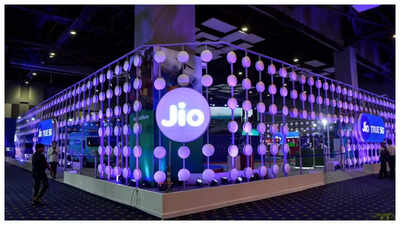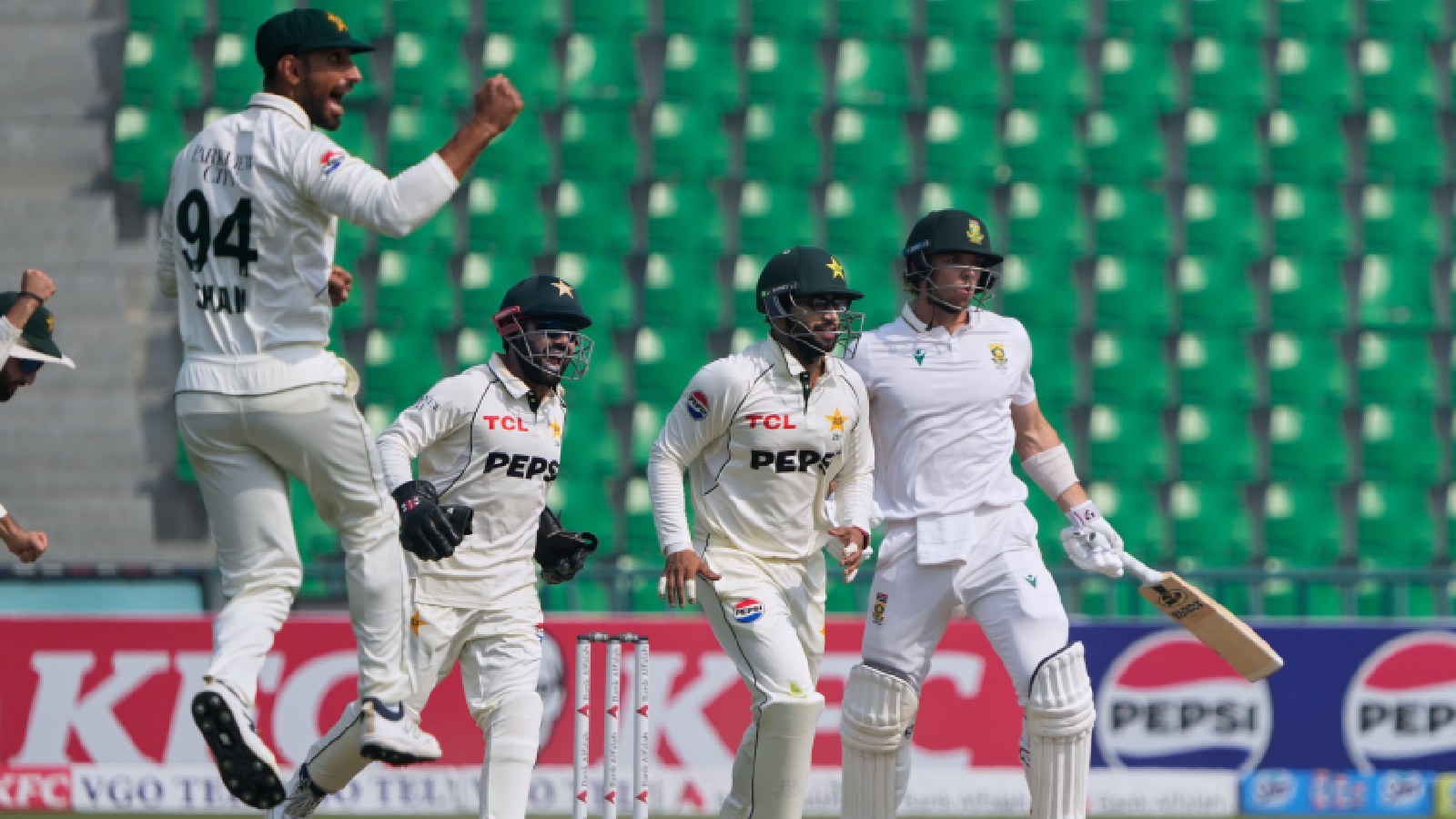ARTICLE AD BOX

Bharti Airtel and Reliance Jio are poised to nearly double their returns on capital by 2028, as network spending falls below depreciation costs, unlocking robust cash flows after 15 years of heavy infrastructure investment, according to a new report by ICICI Securities.
The report highlights that both telecom giants are entering a “value creation zone,” with Airtel’s return on capital employed (RoCE) expected to surge from 14.2% in FY25 to 28.4% by FY28, and Jio Platforms’ RoCE projected to rise from 14.3% to 21.4% over the same period. This shift follows a period of reduced capital expenditure (capex) compared to depreciation, enabling stronger free cash flows (FCF) that will support debt reduction and dividend payouts.Reliance Jio, gearing up for an initial public offering in early 2026, is forecasted to reach a valuation of $148 billion by September 2027. Its FCF is expected to triple to Rs 558 billion by FY28, driven by stable tariffs and a strong push toward 5G services. Jio has already achieved 46.2% 5G penetration among its 507 million subscribers, capturing a 65-70% share of India’s 5G user base. The company’s shift to higher-priced unlimited 5G plans, offering at least 2GB daily data, is boosting tariffs by 17-30% compared to 4G plans.
Airtel is also reaping benefits from its strategic focus on 5G and stable pricing. The report notes FY26 as a pivotal year for Airtel, with depreciation and amortization surpassing capex, leading to FCF exceeding net profit. This will accelerate debt reduction and potentially increase dividend payouts. Airtel’s total investment from FY12-25, including Rs 2,135 billion in capex and Rs 1,550 billion in spectrum, has laid the groundwork for this financial turnaround.
Both companies are expanding beyond mobile services. Fixed broadband revenue is projected to grow at a 15.4% compound annual growth rate through FY30, reaching Rs 522 billion industry-wide. High-margin enterprise digital services, such as cloud computing and cybersecurity, are also driving growth, with Airtel’s home and enterprise segments expected to grow at a 29% annual rate through FY28, far outpacing its 6.3% growth in traditional mobile services.The report characterizes FY12-20 as a period of “capital destruction” for Indian telcos, marked by low returns due to costly spectrum auctions and intense competition. FY21-25 was a phase of “value protection,” with returns matching costs amid continued heavy investment. The upcoming FY26-28 period is dubbed the era of “value creation,” as Airtel and Jio capitalize on their investments to boost profitability.For Airtel, FY25 marked a milestone with capex, including spectrum, at Rs 266 billion, below depreciation of Rs 283 billion.
Over FY26-28, its estimated capex of Rs 531 billion will remain significantly lower than depreciation of Rs 827 billion, further enhancing FCF. Jio Platforms is expected to see its earnings before interest, taxes, depreciation, and amortization grow at an 18.1% annual rate to Rs 1,057 billion by FY28, with profit after tax rising at 21.1% annually.

 2 hours ago
3
2 hours ago
3









 English (US) ·
English (US) ·